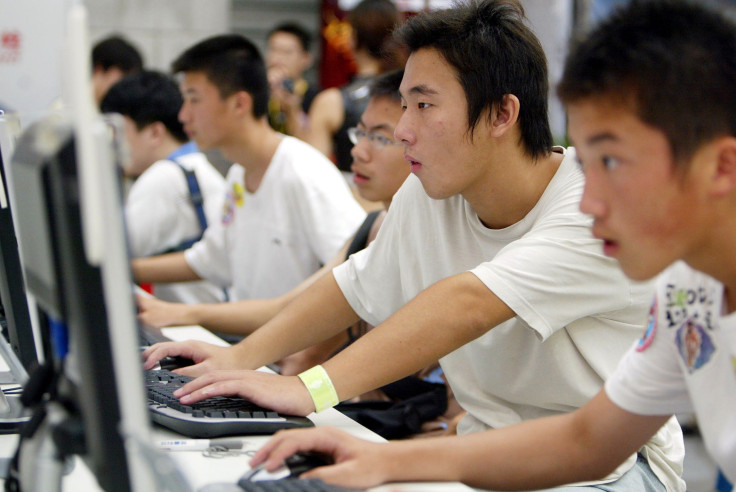Shanghai Free Trade Zone (FTZ) Update: China Lifts Ban On Game Consoles, Uncertainties Remain

China recently lifted the ban on gaming consoles, which has been in place since 2000, as part of the economic reforms being piloted in the Shanghai Free Trade Zone (FTZ). But it might be too early for foreign game makers to rejoice as piracy, regulatory approval and China’s home-grown gaming culture could all stand in the way of their success.
Initially, the ban was put in place to protect China’s youth from unwanted cultural influences, reflecting the same sensitivities that apply to all media products, and not just those from foreign companies, the China Economic Review reported on Tuesday. Speculation of the ban being lifted has been around for years, and the decision now to lift it represents part of a broader effort from the Chinese government to stimulate investment in new industries.
“[The political forces] involved in this [FTZ] would like to see ‘new’ media and entertainment such as computer games growing in China,” said Johan Olausson, a manager with consultancy Bamboo Business Communications.
China has some 180 million gamers, creating a potential market for foreign game makers that is larger than the total population of Japan and is projected to reach $13.1 billion in value this year. That untapped potential could be just what Japanese industry pioneers Nintendo Co., Ltd (TYO:7974) and Sony Corporation (NYSE:SNE) need to turn things around. Both companies have seen a sharp decline in their computer gaming business as consumers in developed markets play more games online and on mobile devices.
But, of course, doing business in China is never easy, and with regulations and rules surrounding the FTZ hazy at best, restrictions and uncertainties remain. First, foreign-funded console and game makers must set up a domestic operation in the FTZ to sell their products in China. Building factories in the FTZ would have to take account of the rising product costs and higher wages.
In addition, consoles still need to be cleared by regulators, and the Ministry of Culture will need to approve the games themselves, both approval processes will likely be long and not exactly enjoyable, with China’s notorious bureaucratic red tapes, according to the China Economic Review.
“At the moment there are a lot of uncertainties related to the FTZ and it's hard to know how long things will take, what kind of business licenses will be needed, if you would have to locate hardware production to the actual FTZ,” said Olausson.
To make matters worse, piracy has always stood in the way of media success in China. Books, movies, and of course, games can be bought for cheap on the grey market due to the lax enforcement of the intellectual property regulations. A game that retails for up to $60 in the U.S. is often hawked for just a few dollars by street vendors.
The biggest challenge, however, for consoles to become successful in China is that PCs have become the defacto gaming platforms in the absence of other options over the past 13 years, and online PC games will likely continue to dominate the domestic market, according to Lisa Hanson, managing partner at Niko Partners.
Despite these challenges, the allure of the Chinese market is strong, and companies like Sony, Nintendo and Microsoft Corporation (Nasdaq:MSFT) will not be so easily discouraged. In order to be successful, they will need to adapt to the local market, Hanson said, which could potentially mean distributing games for free but charging for in-game upgrades and services, similar to the online PC gaming model, as well as being flexible in pricing.
Microsoft has already announced a deal with local media firm BesTV to develop “family games and related services” with a total investment of up to $237 million, the China Economic Review reported.
© Copyright IBTimes 2024. All rights reserved.





















